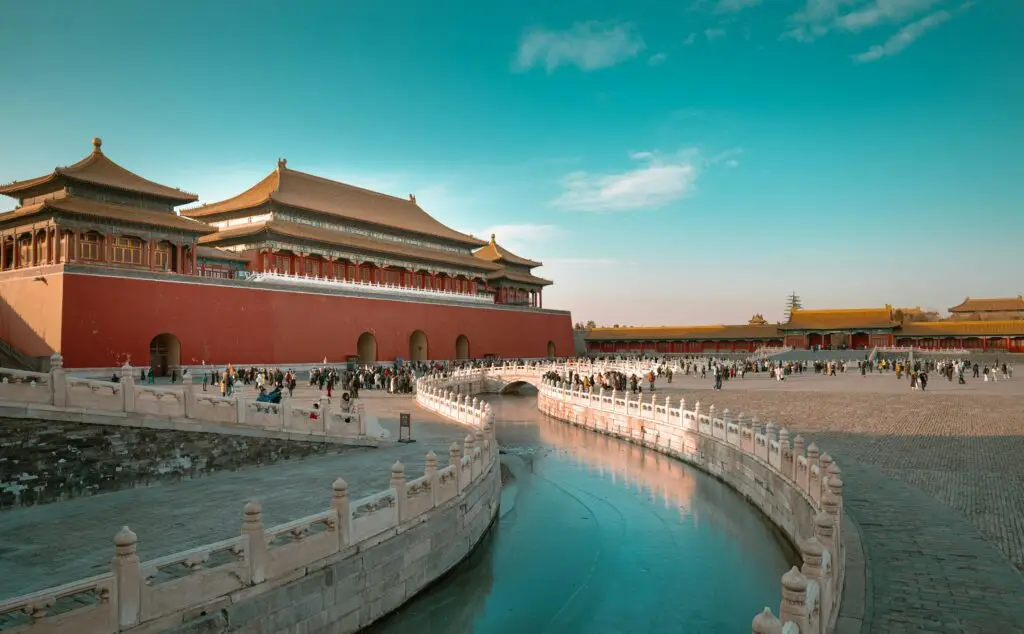From Clay Soldiers to Street Spices: Living Xi’an’s Stories
Arriving in Xi’an felt like stepping into a living history book. The air carried the faint scent of roasted chestnuts mixed with the crisp bite of winter, and the skyline was crowned by the sturdy, dark silhouette of the ancient city walls. I remember touching the cold, weathered bricks—realizing that my fingertips were brushing the same stones that stood here centuries ago.
The most humbling moment came at the Terracotta Army. As I entered Pit One, my breath caught. Thousands of warriors stood frozen in perfect military formation, each with a different expression—some stern, some calm, some almost humanly weary. I leaned over the railing and felt small, as if I were intruding on a silent, eternal watch. The dim lighting and earthy smell of the clay figures gave me chills—not fear, but awe. I thought about the craftsmen, perhaps carving the curve of a cheek or the folds of armor, never knowing their work would be admired millennia later.
Cycling along the Ancient City Wall at sunset was pure freedom. The stone under my wheels felt solid and timeless, yet the breeze on my face reminded me that I was fully in the present. Below, the streets bustled with evening life: the shouts of vendors, the rhythmic clack of mahjong tiles, the hiss of steam from dumpling stalls. I paused at one corner just to watch the transition—modern Xi’an coming alive under the gentle watch of its ancient walls.
The Muslim Quarter was a sensory overload in the best way possible. I remember squeezing through a narrow alley lit with strings of red lanterns, the smell of cumin and grilled lamb pulling me forward. A vendor handed me a fresh roujiamo, its crispy bread warm in my hands, the juicy meat spilling slightly over my fingers. I ate standing right there, the flavors bursting with spice and richness, while strangers brushed past me in the crowd. It felt intimate, even though I was surrounded by hundreds of people.
On my last evening, I stood before the Giant Wild Goose Pagoda. The plaza was alive—kids running through fountains, an old man playing the erhu, couples leaning close under the soft glow of streetlights. The pagoda rose above us, lit in gold against the deep blue night. I felt a quiet contentment, as if Xi’an had shown me not just its history, but its heartbeat.
When I left, it wasn’t the sights I thought about most—it was the feeling of being part of a story much bigger than myself, if only for a few days.

